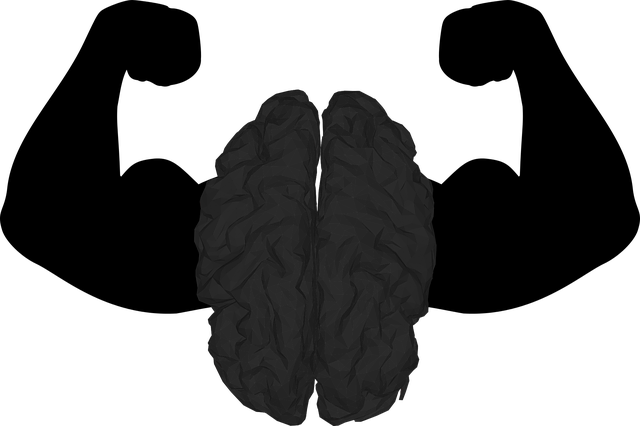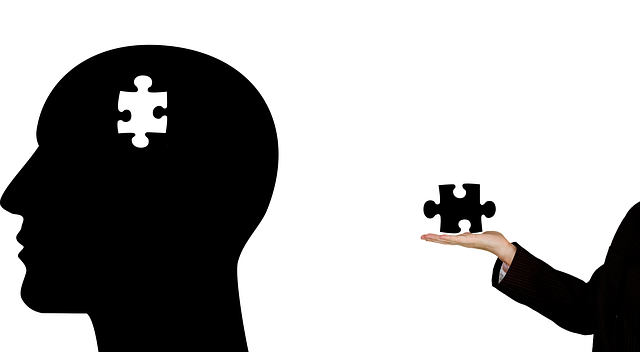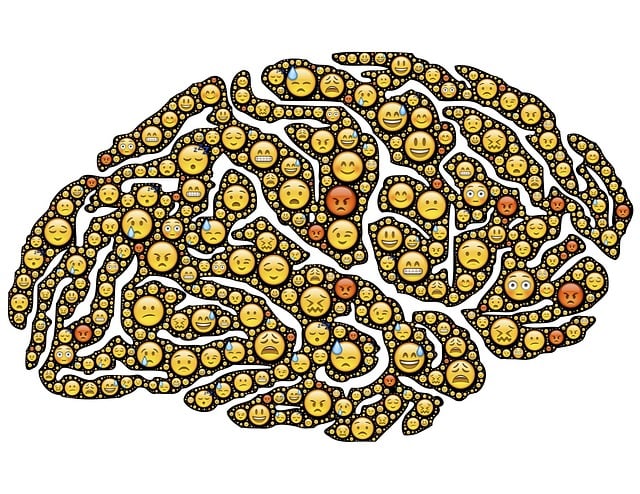Dialectical Behavioral Therapy (DBT) is a leading therapy for adults focusing on emotion regulation through mindfulness, cognitive-behavioral strategies, and skills in distress tolerance, emotional awareness, interpersonal effectiveness. DBT successfully treats conditions like borderline personality disorder, PTSD, and emotional eating disorders, preventing burnout among healthcare providers and enhancing risk assessment. Integrating self-care practices alongside regular therapy for adults sessions improves mental wellness, fostering a positive environment for healthy emotion regulation and an improved quality of life.
Emotion regulation techniques are invaluable tools for adults seeking therapy, enabling them to navigate life’s challenges with resilience. This article explores the significance of emotion regulation in adult therapy and introduces Dialectical Behavioral Therapy (DBT), a proven approach. We’ll delve into key techniques to teach clients for emotional well-being, focusing on practical implementation and continuous support in daily life. By understanding these aspects, therapists can empower individuals to manage their emotions effectively.
- Understanding Emotion Regulation and Its Importance in Adult Therapy
- Dialectical Behavioral Therapy (DBT): An Effective Approach
- Key Techniques to Teach Clients for Emotional Well-being
- Practical Implementation and Continuous Support in Daily Life
Understanding Emotion Regulation and Its Importance in Adult Therapy

Emotion regulation is a crucial aspect of mental well-being, especially in the context of therapy for adults. It involves understanding and managing one’s emotions effectively to reduce distress and promote healthy coping mechanisms. In dialectical behavioral therapy (DBT), a popular approach for adults dealing with complex emotional issues, emotion regulation techniques take center stage. DBT equips individuals with skills to identify and accept their emotions while learning how to minimize impulsive behaviors often associated with intense feelings.
By teaching patients to recognize triggers, develop mindfulness practices, and apply problem-solving strategies, therapists support the development of emotional resilience. This process is vital not only for managing symptoms but also for preventing burnout among healthcare providers, as it helps professionals working in high-pressure settings to maintain their own mental health. Moreover, integrating emotion regulation techniques into therapy can enhance risk assessment for mental health professionals and improve their ability to provide trauma support services, fostering a more effective therapeutic environment.
Dialectical Behavioral Therapy (DBT): An Effective Approach

Dialectical Behavioral Therapy (DBT) has emerged as a highly effective approach to emotion regulation techniques teaching, particularly tailored for adults grappling with emotional instability. This therapy is rooted in mindfulness and cognitive-behavioral principles, offering a comprehensive framework to help individuals navigate intense emotions and reduce impulsive behaviors. DBT focuses on developing skills in four key areas: mindfulness, distress tolerance, emotional regulation, and interpersonal effectiveness.
By mastering these skills, adults can enhance their mental health awareness, improve conflict resolution techniques, and implement effective risk management planning. DBT’s structured nature, coupled with individual therapy sessions, group skill training, and phone coaching, creates a supportive environment for learning and practicing these essential coping strategies. This approach has shown remarkable success in treating conditions such as borderline personality disorder, post-traumatic stress disorder (PTSD), and emotional eating disorders, making it a go-to therapy for adults seeking to manage their emotions effectively.
Key Techniques to Teach Clients for Emotional Well-being

In the realm of therapy for adults, Dialectical Behavioral Therapy (DBT) stands out as a powerful tool for teaching clients effective emotion regulation techniques. DBT combines cognitive-behavioral strategies with mindfulness practices to help individuals navigate and manage their emotions in a healthy way. Key techniques often taught include mindfulness exercises, which encourage individuals to stay present and aware of their feelings without judgment, fostering better emotional awareness. Additionally, clients learn distress tolerance skills to cope with intense emotions during challenging situations, preventing impulsive behaviors that may exacerbate problems.
Beyond DBT, various other strategies can boost mental wellness and prevent burnout. Encouraging regular self-care practices such as exercise, adequate sleep, and engaging hobbies can significantly contribute to emotional well-being. Building resilience through positive coping mechanisms helps individuals face life’s stressors with increased confidence and a sense of control. These techniques empower clients to not only regulate their emotions but also enhance their overall quality of life.
Practical Implementation and Continuous Support in Daily Life

Implementing emotion regulation techniques in daily life is key to maintaining mental health and well-being. Many adults benefit from structured therapy approaches, such as Dialectical Behavioral Therapy (DBT), which offers effective crisis intervention guidance. DBT equips individuals with skills to navigate intense emotions, improve distress tolerance, and enhance emotional awareness. The practice of compassion cultivation, a core component of DBT, encourages self-acceptance and mindfulness, fostering an environment conducive to healthy emotion regulation.
Continuous support is vital for long-term success. Regular therapy sessions, even after initial learning, can help reinforce skills and provide guidance tailored to individual needs. Moreover, integrating these practices into daily routines creates a robust coping mechanism against mental illness stigma reduction efforts. By embracing self-care strategies and seeking professional support when needed, adults can effectively manage their emotions, leading to improved overall quality of life.
Emotion regulation is a vital skill for adults seeking therapeutic support, and Dialectical Behavioral Therapy (DBT) has proven itself as an effective game-changer in this domain. By teaching clients key techniques to manage emotions, DBT offers a comprehensive approach to enhancing emotional well-being. Through practical implementation and continuous support, individuals can navigate their feelings effectively, leading to improved mental health and quality of life. Integrating these skills into daily routines empowers folks to embrace a more balanced and fulfilling life.














